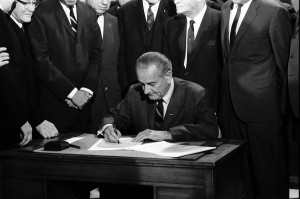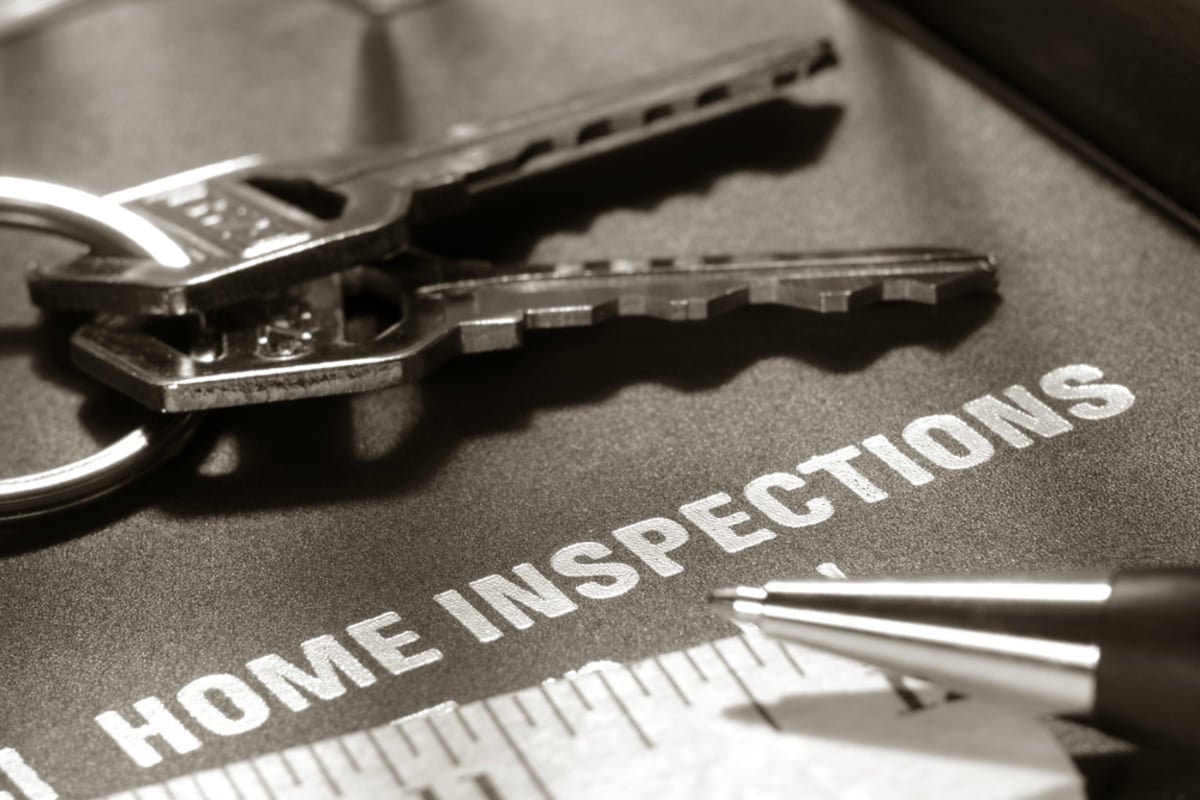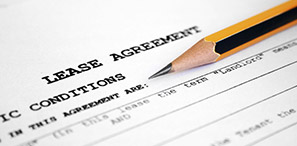Landlord 101: Keeping Compliant
December 18, 2014
by Albert Fontenot
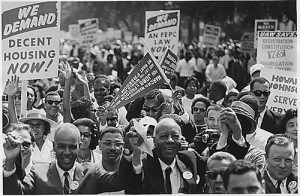
Once upon a time, if a person wanted to be a landlord in Charleston, all they needed was a habitable property. They could rent to whomever they chose, charge whatever they wanted, and kick their tenants out for any reason whatsoever. The rights of the landlord came first.
Unfortunately, this often led to a number of different types of abuse.
First, came discriminatory practices, where landlords simply refused to rent to certain individuals based upon characteristics like race, religion, or national origin. Some property owners would not refuse outright, but they would adopt an unequal rental practices among various groups – harassment, uneven lease terms/regulations, different rental contracts, conditions of residency, purposely delaying or refusing to perform repairs, etc.

This sort of housing discrimination went on for generations, from the end of the Civil War – during which time South Carolina adopted the Black Codes and other "Jim Crow" laws – until the Civil Rights Act of 1968, which provided for fair and equal housing for everyone within seven protected classes – race, color, religion, national origin, sex, familial status, and disability.
Although sexual orientation/gender identity was not protected by the federal law, the US Department of Housing and Urban Development (HUD) does mandate that any recipients of HUD funding may not discriminate against tenants based upon those factors.
It is important to note that although the state of South Carolina does not have a statute which protects LGBT residents from housing discrimination, the cities of both Charleston and North Charleston DO.
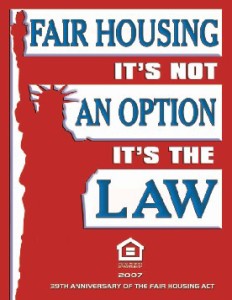
For Charleston property owners acting as their own landlords, the takeaway from all of this is that it is against the law to discriminate against tenants or even potential tenants based upon any of these factors. If your rental property receives HUD funds, you could be disqualified if you are found in violation. If you break the federal statute, you could face significant fines. In either case, you could be vulnerable to costly lawsuits.
Discrimination does not have to be overt or harassing to count as a violation. For example, you cannot place an advertisement – a newspaper ad, a web posting, or a flyer – which in any way shows a preference for or a bias against any specific group. "Looking to Rent to Christian Families", while seemingly innocuous, would be a clear violation.
Likewise, if you are a landlord who performs your own tenant interviews, you must be careful about the words you use during that interview. Many landlords have shot themselves in the foot by forgetting that this is a professional interview, rather than a conversation.
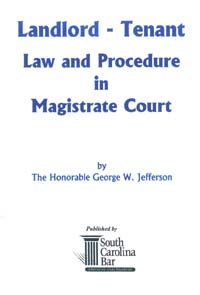
Apart from legislation intended to enforce fair housing for all groups, South Carolina’s Residential Landlord And Tenant Act sets forth clear guidelines as to the legal interactions between landlords and tenants. It is important that, as a landlord, you become intimately familiar with State Law, so you can deal with any potential legal issues or problems.
Some of the highlights of the Act include –
- Landlord Disclosure – a landlord must disclose in writing their name as the owner and the name of any persons authorized to act on their behalf.
- Security Deposits – a landlord must return a tenant's security deposit within 30 days after the tenant moves out, minus any accrued rent or damage to the property. The landlord fails to do this, the tenant can be granted up to THREE TIMES the amount wrongfully withheld.
- Late Fees – South Carolina State Law does not cover late fees. If the rental agreement does not mention late fees, landlords may not impose one.
- Landlord Entrance – Within certain prescribed hours and with notice to the tenant, a landlord may enter into a dwelling for inspections, to make necessary repairs or improvements, provide agreed-upon services, or to exhibit the premises to other prospective tenants, purchasers, or contractors. As specifically spelled out in the Act, "a landlord shall not abuse the right of access or use it to harass the tenant."
Responsibilities that are specific to the landlord under South Carolina State Law include –
- Comply with all building and housing codes that affect health and safety.
- Make all repairs necessary to keep the premises in a fit and habitable condition.
- Keep all common areas of the premises in a reasonably safe condition.
- Make available running water and reasonable amounts of hot water and heat At all times.
- Maintain in good and safe working order all facilities such as electrical, gas, plumbing, sanitary, heating, ventilating, and air conditioning. Any appliances supplied by the landlord must be maintained by the landlord.
- If the tenant is to be responsible for any specific repairs or maintenance/remodeling tasks, this must be spelled out in the rental agreement.
Responsibilities that are specific to the tenant under South Carolina State Law include –
- Comply with all occupancy obligations that affect health and safety.
- Keep the unit reasonably safe and clean.
- Dispose of all garbage and waste in a reasonably clean and safe manner.
- Keep all plumbing fixtures in the unit reasonably clean.
- Use all facilities and appliances in a reasonable manner.
- Do not deliberately or through negligence destroy or damage any part of the premises or knowingly allow someone else to do so.
- Do not conduct themselves in a manner that will disturb any other tenants.
- A tenant may not change locks on the unit without the landlord's permission.
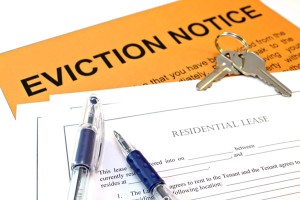
In addition, there is a very specific procedure that must be followed in order to evict a tenant, which I have discussed in an earlier blog. If a landlord unlawfully blocks a tenant from the premises or interrupts any essential services, the tenant can legally recover an amount equal to THREE MONTHS’ RENT or TWICE the actual damages sustained, whichever is greater, PLUS attorney's fees.
These are just the highlights. As a landlord in Charleston, it is in your extreme best interest for you to read the entire Act, and more importantly, make sure that all applicable provisions are included in your written rental agreement. Even one violation can cost you dearly in lost rent, fines, attorney's fees, and legal judgments.
